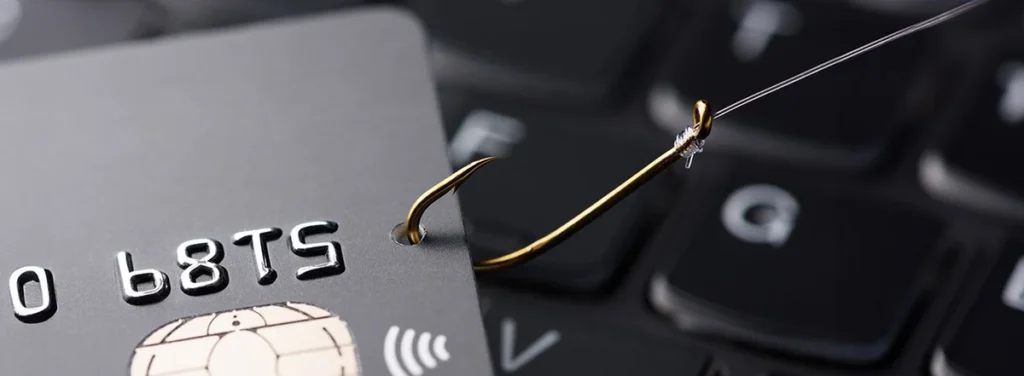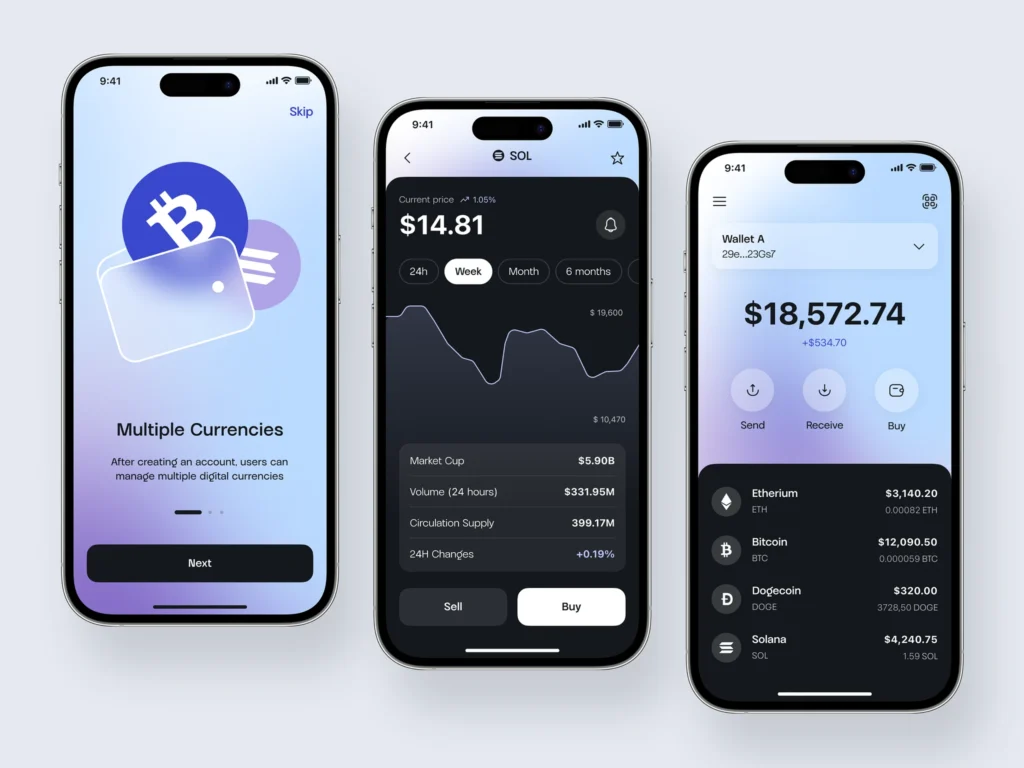Crypto in Thailand Is Catching On—But So Are the Risks
Using crypto in Thailand might sound like a modern traveler’s dream: borderless money, quick payments, and no ATM fees. But the reality, especially in 2025, comes with a few red flags you should understand before scanning any QR codes or sending off your USDT.
In places like Bangkok and Phuket, you can find cafés, rental services, and even boutique hotels that will accept BTC or stablecoins—but that doesn’t mean it’s always safe or smooth. From regulatory uncertainty to transaction mistakes, here’s what you need to keep in mind if you’re planning to pay with crypto in Thailand.

Where can I use crypto in Thailand: Crypto Payments Are Happening—But Often Under the Radar
Yes, there are real businesses in Bangkok and Phuket accepting crypto. But most of them don’t advertise it. Many will only accept digital currency through word-of-mouth or if you ask directly. That’s not inherently bad—but it also means there’s very little transparency or protection if something goes wrong.
- You might pay a vendor who claims to accept crypto, only to find out they’re unfamiliar with wallets or send you the wrong address.
- Refunds? Practically non-existent. Once crypto is sent, it’s gone.
- Scams are not unheard of, especially with private rentals or tour providers.
If you’re not familiar with how wallet addresses, networks, and gas fees work, you could lose money fast—and without any real way to recover it.

Credit from : Avast
Where can I use crypto in Thailand: The Legal Status Is Still Murky
While crypto trading is legal in Thailand—platforms like Bitkub and Binance TH are fully licensed—using crypto as a direct form of payment is a different story. It’s not illegal, but it’s not exactly encouraged either.
That means:
- Merchants may be hesitant to publicly accept crypto.
- Some businesses only use third-party apps to instantly convert crypto to baht, avoiding holding it directly.
- Others operate in a gray zone with informal payment agreements that offer no consumer protection.
And if regulations shift again—which has happened before—some of today’s crypto-friendly vendors might suddenly stop accepting it without warning.

Stablecoins Seem Safer… But Even They Come With Caveats
USDT (Tether) is becoming the go-to coin for spending in Thailand due to its stable value. However:
- Not all vendors support the same network. Sending USDT on the wrong chain (e.g., ERC20 instead of TRC20) can result in irreversible loss.
- Some wallets charge unpredictable gas or withdrawal fees, especially during network congestion.
- Even stablecoins are sometimes viewed with suspicion by newer vendors.
And don’t forget—if you’re asked to cover gas fees or conversion fees, the total cost of your “cheap” crypto payment might exceed just using baht.
Real-World Scenarios Where Things Can Go Wrong
Here are a few common risk scenarios travelers have reported:
- You book a villa via Telegram and send USDT—then never hear from the host again.
- You try to pay at a café but your wallet doesn’t scan, and now you’re stuck explaining crypto to someone who barely speaks English.
- You pay for a tour in BTC, but the vendor cancels last minute—and won’t issue a refund “because crypto is non-refundable.”
Each of these cases has been documented in forums and traveler reports. Crypto’s promise of freedom can backfire if you’re not cautious.

Crypto Can Still Be Useful—If You Stay Vigilant
We’re not saying avoid crypto in Thailand entirely. But treat it like carrying cash in an unfamiliar country: keep only what you can afford to lose, double-check every step, and don’t trust just anyone with your digital money.
Here are a few risk-mitigation tips:
- Stick to well-known businesses or those recommended by trusted communities (Reddit, expat forums, or Telegram groups).
- Confirm wallet addresses twice—ask the vendor to verify in person.
- Avoid paying large amounts unless there’s some kind of reputation or review history.
- Keep some Thai baht as a backup—crypto acceptance is still inconsistent.

Credit from : Savvycom
Final Thoughts: A Great Tool, If You Understand the Risks
So, where can you use crypto in Thailand in 2025? The answer is: more places than a few years ago—but with more caution than you might expect.
Bangkok and Phuket are ahead of the curve, but the crypto landscape here is still largely unregulated, informal, and vendor-dependent. Crypto may offer convenience, but it doesn’t guarantee security.
If you go in eyes open, ask the right questions, and avoid rushing transactions, crypto can be part of a smart travel toolkit in Thailand. But it’s not plug-and-play yet—and definitely not risk-free.
Stay smart, stay skeptical, and you’ll navigate it just fine.











